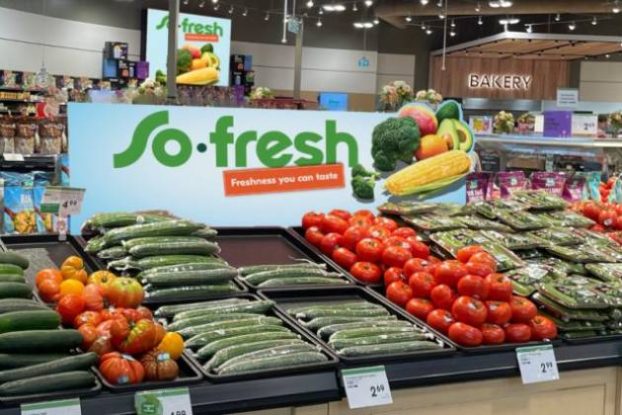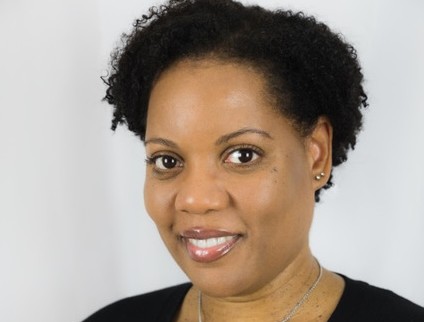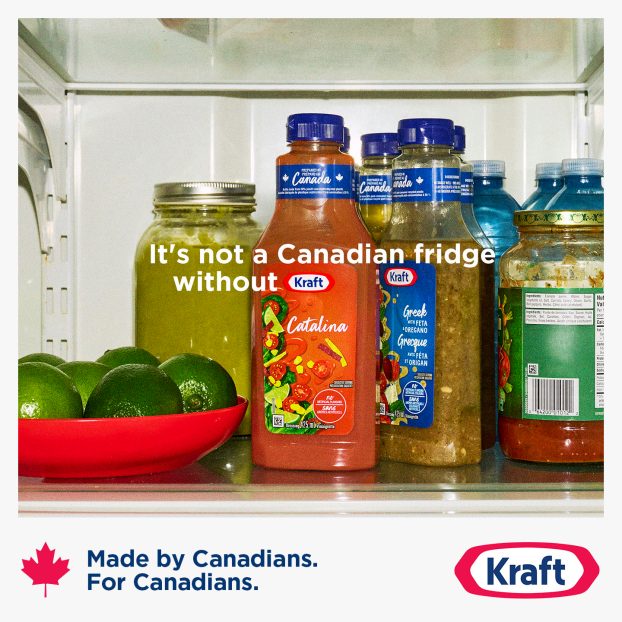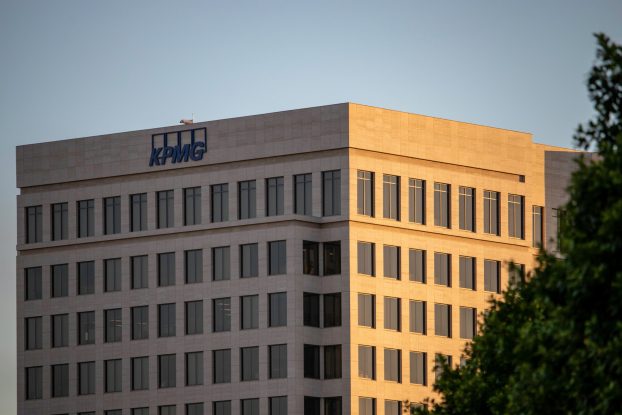In what it is billing as the largest consumer promotion to date in the prepaid long-distance debit card segment, CardCaller Canada will drop 25 million to 35 million Connect brand calling cards to households across Canada in the first and second quarter of 1995.
North York, Ont.-based CardCaller is a long-distance reseller that focusses exclusively on the sale of prepaid telephone cards.
Gordon Ross, marketing manager for Earthharmony, CardCaller’s Toronto ad agency, says a number of ‘blue chip’ advertisers have signed on to sponsor the cards, each of which will be loaded with $1.80 worth of long-distance calling.
Prepaid long-distance rates are typically blended so that all calls within a specific geographic area or to a specific country cost the same amount per minute.
CardCaller’s rate within Canada is 60 cents a minute. Calls to the u.s. are 90 cents a minute. Overseas rates range up to $3.60 a minute.
To use a debit card in Canada, callers dial a central number and then enter a several-digit identification code which connects the caller to the card’s account.
The caller is then instructed to dial the number he or she wishes to call and the connection is made.
CardCaller does not have long-distance phone lines of its own. Rather, like other resellers, it leases time on lines owned by Bell, Unitel and other long-distance carriers that do.
Ross, who declines to reveal the names of the companies taking part in the upcoming promotion, says the household drop is part of a wider program to develop the Connect brand, which will be officially launched in February into a household name in Canada and internationally.
Ross says the launch plan is to drop three cards at each household in Canada. The strategy is based on u.s. research that shows consumers become hooked on the cards after using them three times.
Ross says the promotion will support CardCaller’s goal of rapidly expanding its retail presence, and, ultimately, developing the long-distance debit card into a commonplace retail product.
There are 1,200 retail outlets in Canada that carry CardCaller branded debit cards.
These include 140 Money Mart Cheque Cashing Centres, 40 outlets of the 7 Eleven Food Stores chain, a number of United Cigar stores and about 600 independent hotel gift shops.
The cards can be bought in denominations of $10, $20, $30, $50 and $100.
CardCaller already has the widest retail distribution in Canada, according to Ross, and the company intends to build its presence to 6,000 outlets by mid-1995.
‘What we are trying to do with Connect is to create the Kleenex of calling cards,’ Ross says.
In addition to securing listings with retailers, CardCaller is also planning to roll out a network of vending machines.
Last week, for instance, the company unveiled two machines at the CN Tower in Toronto.
Ross says as many as half the retail locations CardCaller hopes to gain admittance to in 1995 might sell the product via vending machines.
He says although a host of other long-distance telephone companies, including Bell, Sprint, TelRoute, CallSaver and Smart Talk Network, offer calling cards, only the latter has made an effort to develop a consumer brand.
He says Canadian telephone companies have, instead, primarily viewed the calling card as a collectible item similar to a baseball card, a promotional product useful for advertising their own business, or as a premium and incentive item for sale to third party companies.
But, Ross says experience in Asian and European countries, where calling cards have been around for years, suggests there is opportunity to create strong retail brands.
He says, in the u.s., where calling cards have just a couple of years’ head start on Canada, sales are increasing by 30% monthly.
The market, which is driven by the competitive activity of about 600 independent telcos, consists primarily of sales to collectors, but large advertisers such as Pepsi, McDonald’s and Ryder Truck Rental have recently begun passing cards out en mass to consumers as promotional items.
As well, u.s. retailers are beginning to realize the market’s potential.
Convenience store chain 7 Eleven, which has 5,600 u.s. outlets, has begun carrying an at&t brand card and its own private label brand.
Canadians spend about $8 billion a year on long-distance calls.
Ross estimates debit cards will account for $10 million to $20 million of that total in 1994, with sales climbing to $40 million next year and $200 million in 1996.
He refuses to reveal CardCaller’s share of sales, but claims it is the segment leader.
Ross attributes this, in part, to the fact that the much larger players such as Bell, Unitel and Sprint have their hands full fighting bigger battles in the traditional long-distance market.
But, he also points to CardCaller’s pricing, which, at 60 cents a minute for calls anywhere in Canada, is the lowest in the market and well below Bell’s rate of $1 a minute.
He says the tariffs imposed by the Canadian Radio-television and Telecommunications Commission on Bell, to partly mitigate the competitive advantage Bell has in the recently deregulated long-distance market, prevent the licensed long-distance carrier from lowering its rates.
As a result, Ross says, Bell will have a hard time competing at the retail level.
Meanwhile, the other licensed long-distance carriers, Unitel, Sprint and TelRoute, do not pay tariffs, but their rates are also higher than Cardcaller’s since they must finance their infrastructure development.
Sprint’s current Canadian rate, for example, is 75 cents a minute.























